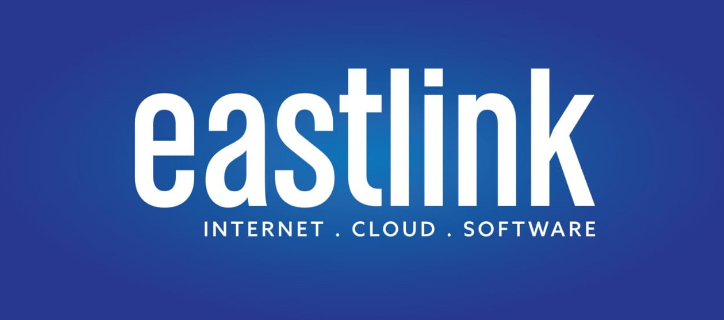Virtual Private Network (VPN) technology enables the establishment of a secure connection over the internet, creating a private and encrypted tunnel for data transmission between your device and a remote server. People commonly use VPNs to bolster privacy, enhance security, and foster anonymity while accessing the internet.
Advantages of VPN:
Enhanced Security: VPNs bolster internet security by encrypting your connection, making it challenging for hackers or malicious entities to intercept and access your data. This is particularly crucial when using public Wi-Fi networks, where data vulnerability is heightened.
Privacy Protection: VPNs obscure your IP address, complicating the tracking of your online activities by websites and online services. This shields your privacy by thwarting advertisers and other entities from collecting information about your browsing habits.
Bypassing Geo-restrictions: VPNs enable access to content restricted or blocked in certain regions. By connecting to a server in a different location, you can present yourself as if browsing from that location, effectively circumventing geo-restrictions.
Remote Access: VPNs serve businesses by facilitating secure remote access for employees. This allows employees to connect to the company’s internal network from any location globally, ensuring a secure connection for sensitive corporate data.
Anonymous Browsing: VPNs contribute an additional layer of anonymity to your online activities. While not achieving complete anonymity, as the VPN provider may still have access to your data, it complicates the ability of websites and services to trace your online behavior back to you.
Disadvantages of VPN:
Reduced Speed: Encrypting and routing internet traffic through a VPN server can lead to a slower internet connection. The extent of the slowdown depends on various factors such as the distance to the server and the strength of encryption.
Cost: While free VPN services exist, many reliable and secure VPNs come with a subscription fee. The cost can be a disadvantage, particularly for individuals on a tight budget.
Trust in VPN Providers: Using a VPN involves entrusting the VPN provider with your internet traffic. It’s crucial to select a reputable and trustworthy provider, as an untrustworthy one could compromise your privacy and security.
Legal and Ethical Considerations: The use of VPNs may be subject to legal and ethical considerations in some jurisdictions. Some services may be employed for illegal activities, necessitating user awareness of the legal implications of their actions.
Blocked by Some Services: Certain online services and websites actively block access from known VPN IP addresses. Depending on VPN reliance for accessing specific content, users may encounter difficulties if the service detects and blocks VPN traffic.
Careful consideration of specific needs and potential trade-offs is essential before deciding to use a VPN.












